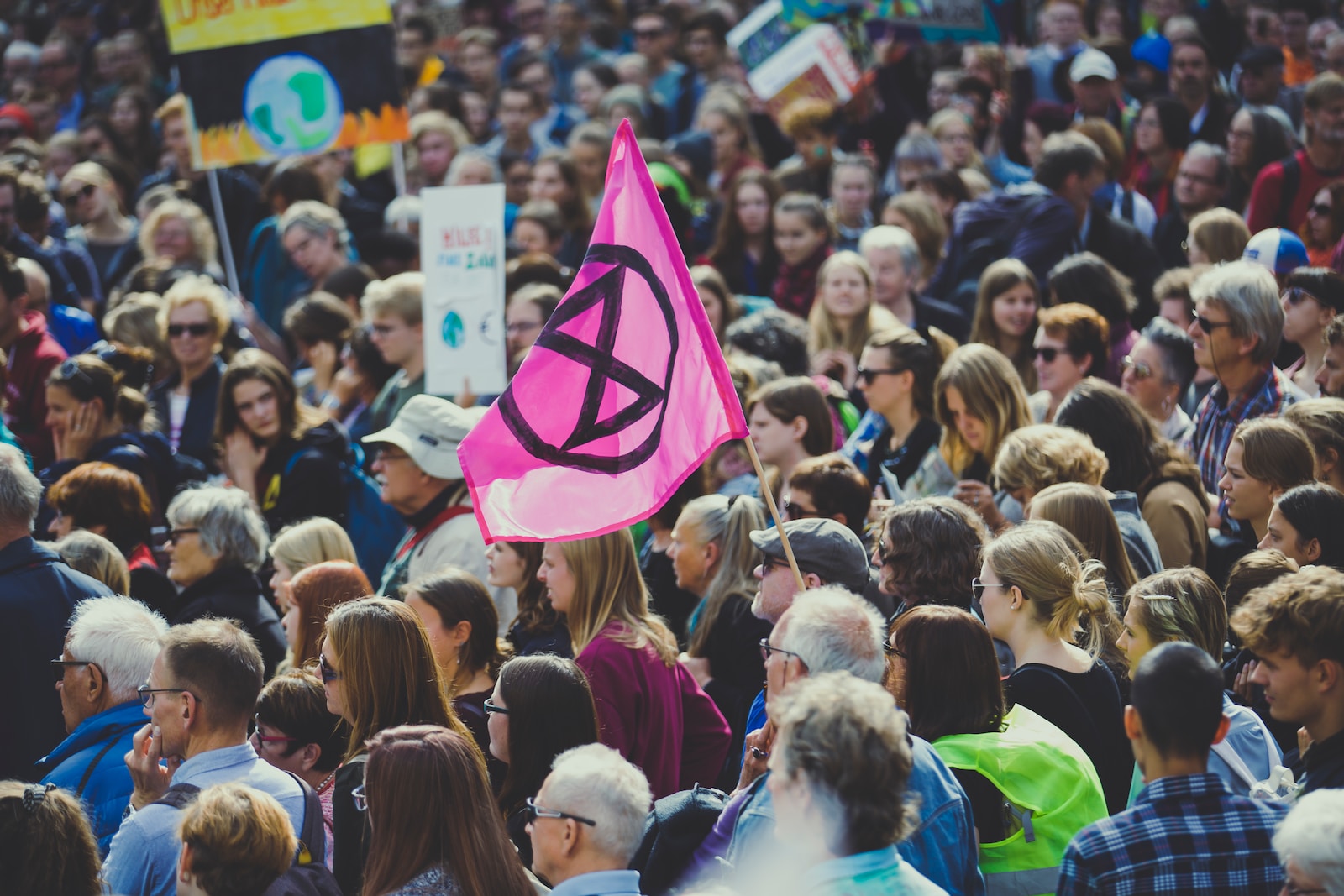Introduction
In today’s rapidly changing world, Sustainable Development has become more important than ever. As societal changes and technological advancements continue to reshape the job market, it is crucial to build resilience and adaptability among workers, especially the most vulnerable ones. This article will explore the concept of sustainable development, its goals and objectives, and its role in building resilience in a changing world.
Understanding Sustainable Development
Sustainable development is a holistic approach that seeks to meet present needs without compromising the ability of future generations to meet their own needs. It involves balancing economic growth, social inclusion, and environmental protection. The goals of sustainable development include eradicating poverty, promoting sustainable and inclusive economic growth, ensuring social equity, and protecting the environment.
The Impact of Societal Change on Jobs
As technology advances and automation becomes more prevalent, certain jobs that are considered essential today may become obsolete in the near future. This rapid change is driven by shifts in consumer preferences and market demands. Job sectors that rely heavily on manual labor or routine tasks are particularly vulnerable to obsolescence.
The Role of Building Resilience for a Changing World
Sustainable development plays a crucial role in building resilience among workers and organizations. It ensures inclusive and sustainable economic growth by creating opportunities for all individuals, regardless of their background or skill level. Sustainable development also promotes lifelong learning and upskilling, allowing workers to adapt to changing job requirements. Furthermore, it fosters Innovation and entrepreneurship, encouraging individuals and organizations to find sustainable solutions to societal challenges.
Whole-of-Society Approach to Sustainable Development
Achieving sustainable development requires a whole-of-society approach, involving governments, businesses, NGOs, academia, and civil society. Governments play a vital role in creating policies and regulations that promote sustainable development. Businesses have a responsibility to adopt sustainable practices and integrate them into their core operations. Collaboration among different stakeholders is essential to share knowledge, resources, and best practices.
Investing in Sustainable Development
Investing in sustainable development brings numerous economic benefits. It drives innovation, creates new business opportunities, and enhances competitiveness. Financing mechanisms, such as impact investments and Green bonds, provide funding for sustainable development initiatives. Successful case studies demonstrate the positive impact of sustainable development projects on both the environment and society.
Online Courses on Sustainable Development
For professionals seeking to learn more about sustainable development and its application within their organizations, online courses provide a convenient and valuable opportunity. Company X offers a range of online courses on sustainable development, covering topics such as sustainable business practices, green entrepreneurship, and corporate social responsibility. These courses are designed to equip professionals with the knowledge and skills to drive sustainable change within their respective industries.
The courses offered by Company X are highly relevant in today’s rapidly changing world. Professionals will gain insights into the principles and goals of sustainable development, understand the impact of societal change on jobs, and learn strategies to build resilience and adaptability. Testimonials and success stories from previous course participants highlight the practical application of sustainable development principles in real-world scenarios.
Conclusion
In a world where societal change is accelerating, building resilience and adaptability is crucial for individuals and organizations alike. Sustainable development offers a comprehensive approach to address the challenges posed by these changes. By embracing sustainable practices and investing in education, professionals can contribute to a more equitable, inclusive, and resilient future. It’s time to take action and become agents of change in our rapidly changing world.













